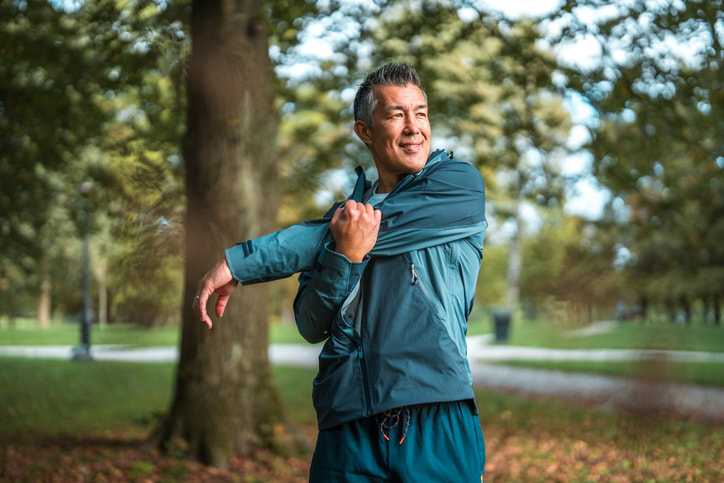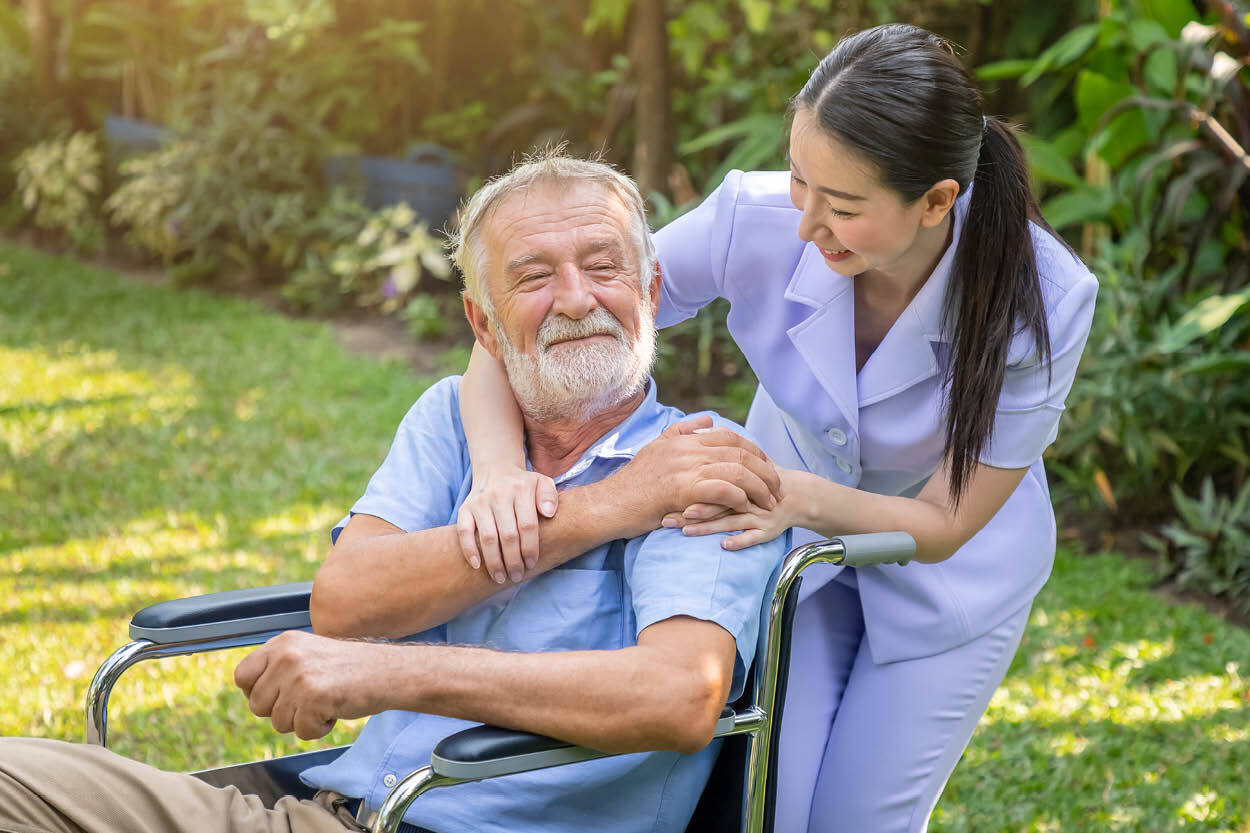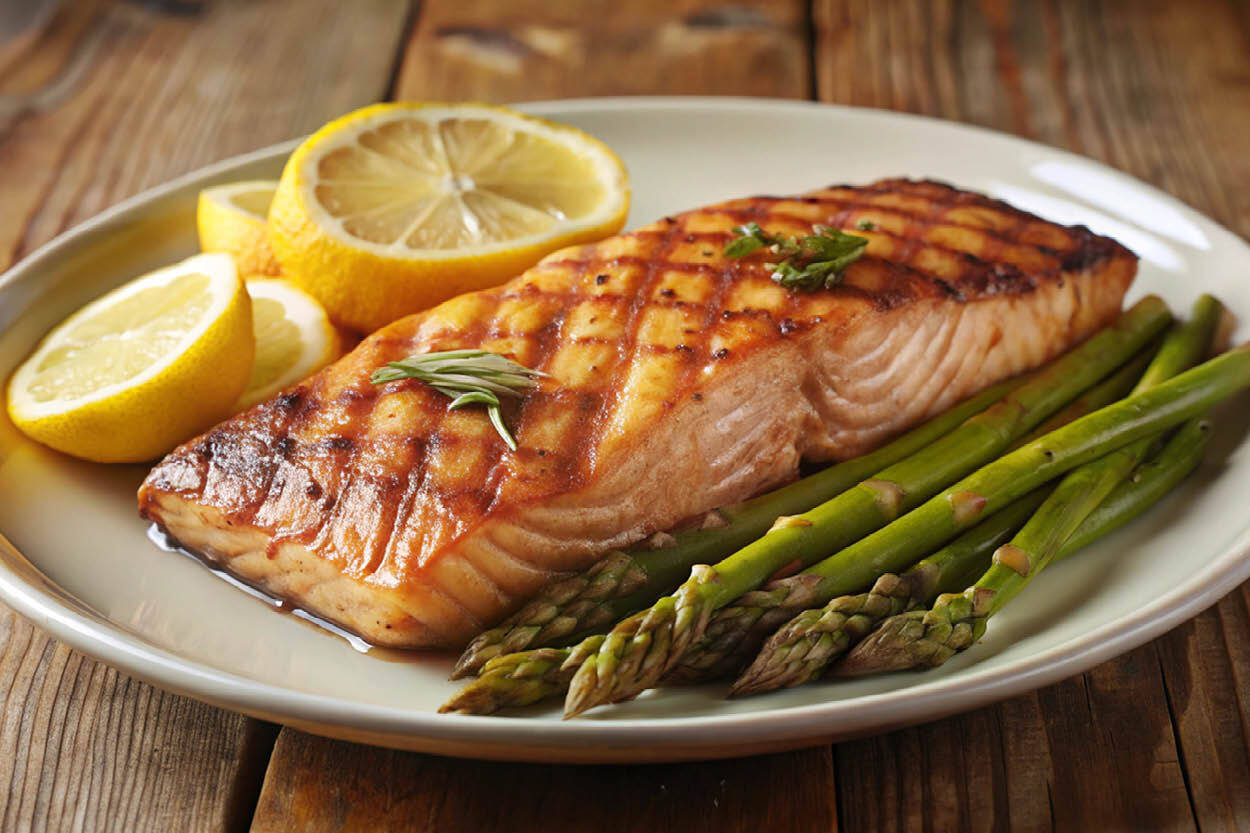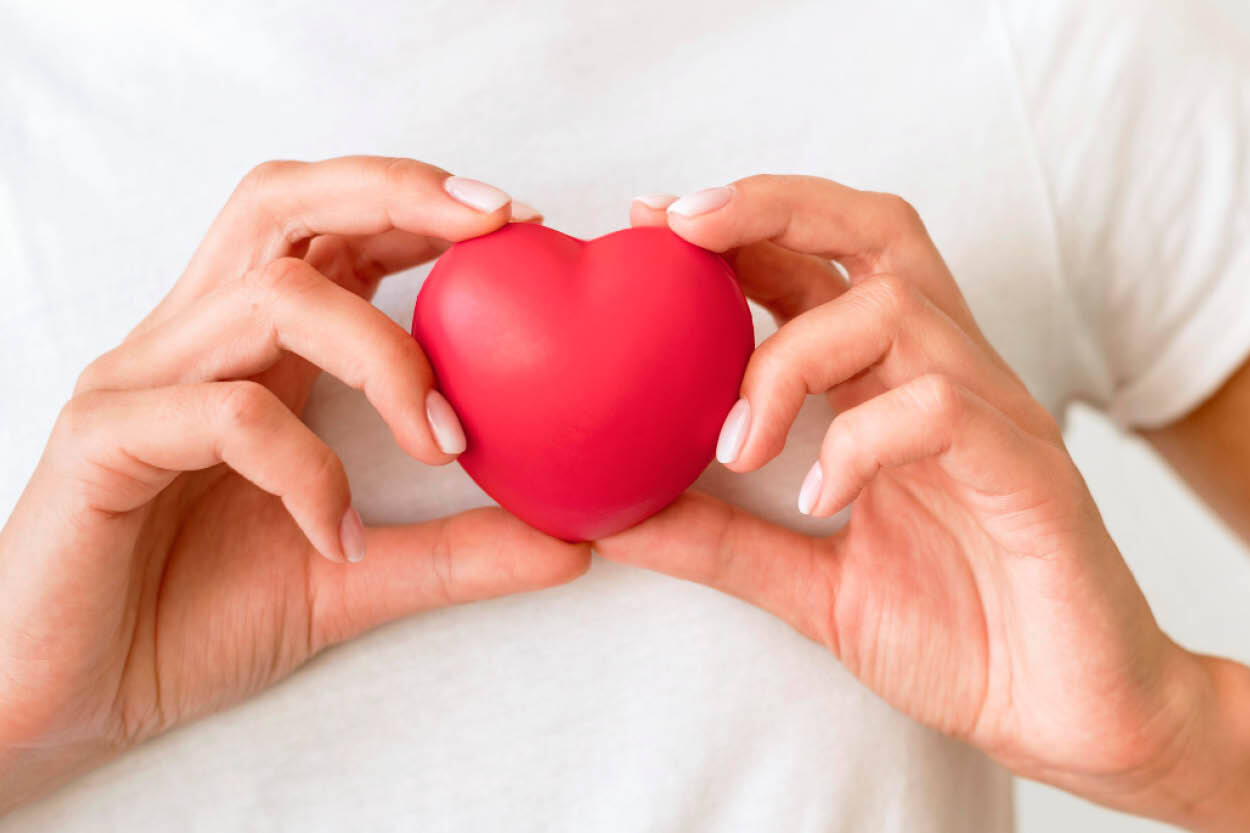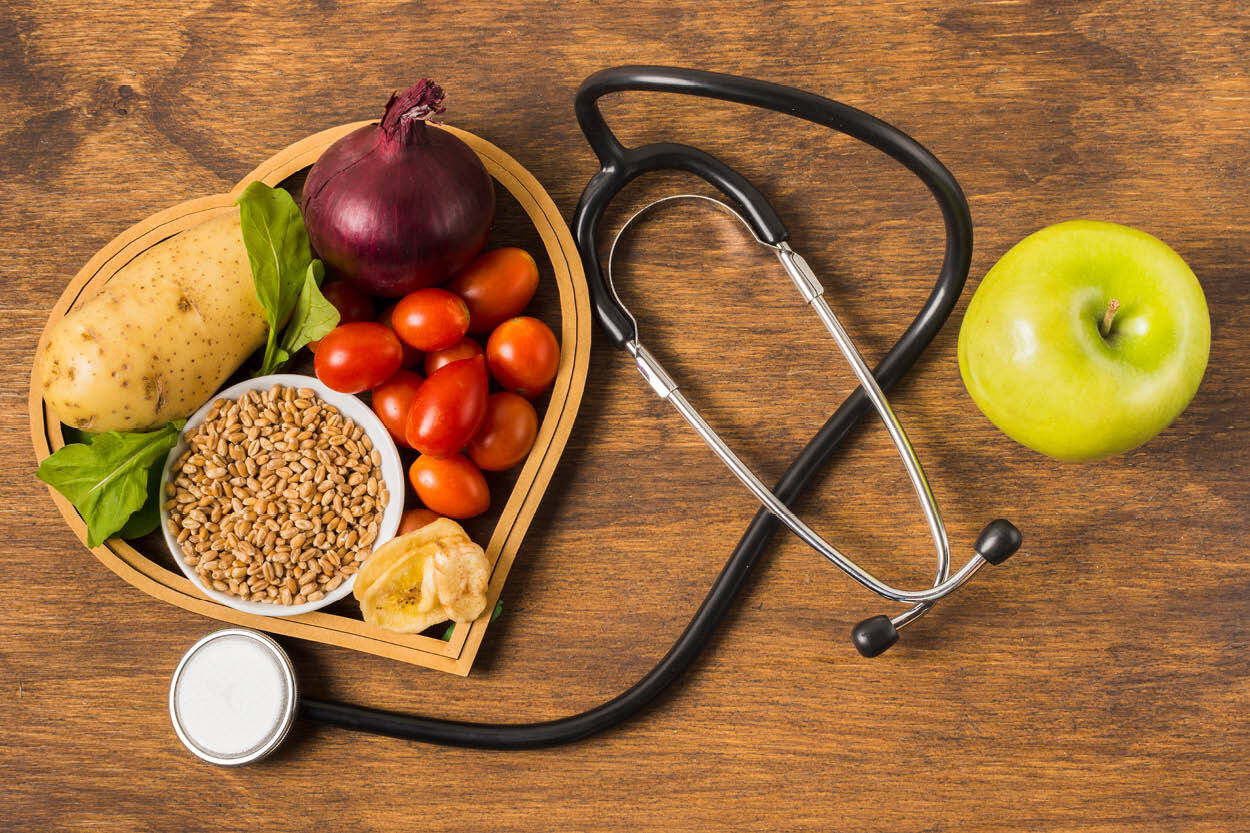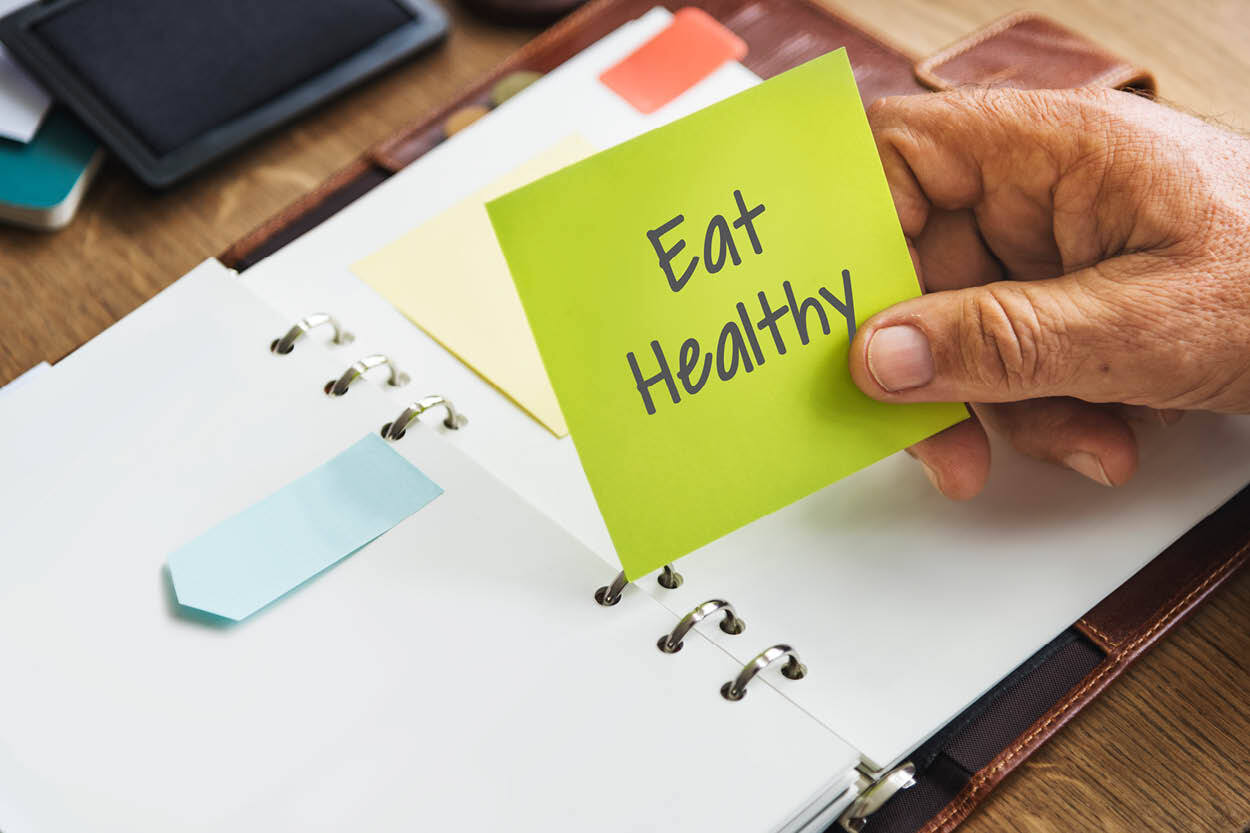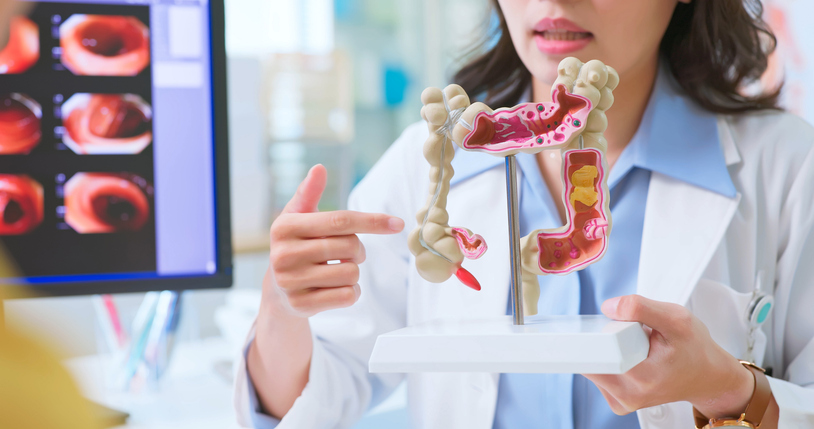Blogs
Are Microplastics Linked to Cancer? What the Research Says
Every day, we encounter plastic in ways we barely notice; from the water we drink to the food we eat and even the air we breathe. Over time, these plastics break down into microscopic particles known as microplastics, which have sparked growing concern among scientists and health experts.
Read MoreThe Role of Diet and Exercise in Prostate Cancer Prevention and Recovery
Sometimes the smallest choices in our daily routine, what we put on our plate, how often we move our bodies, the habits we stick to without thinking, end up shaping our long-term health in ways we never expected.
Read MoreWinter Watch Party Dos and Don’ts
Thinking about having friends and family over for the Super Bowl or the Winter Olympics?
Read MoreBonds That Heal
When someone is diagnosed with cancer, they often realize that the support of those around them is just as important as their medical care.
Read MoreCooking with Love
This Valentine's Day, we're celebrating love in its most nourishing form, through food that heals, comforts, and brings us together.
Read MoreLove Your Heart: Cardiovascular Health for Women
Women have unique heart health challenges that are sometimes overlooked.
Read MoreImmune System Support for Cancer Patients
When you're undergoing cancer treatment, even the smallest cold can feel like a huge setback.
Read MoreWhat Every Woman Should Know About HPV & Cervical Cancer Prevention
What if you could prevent nearly all cases of one type of cancer?
Read MoreLong-term Changes Make Long-term Effects
Right now, you might be facing more than you ever imagined.
Read MoreWarning Signs of Colon Cancer You Should Never Ignore
Many people brush off digestive changes as “just something I ate,” but sometimes the body sends signals that deserve closer attention, especially when those changes linger.
Read More

